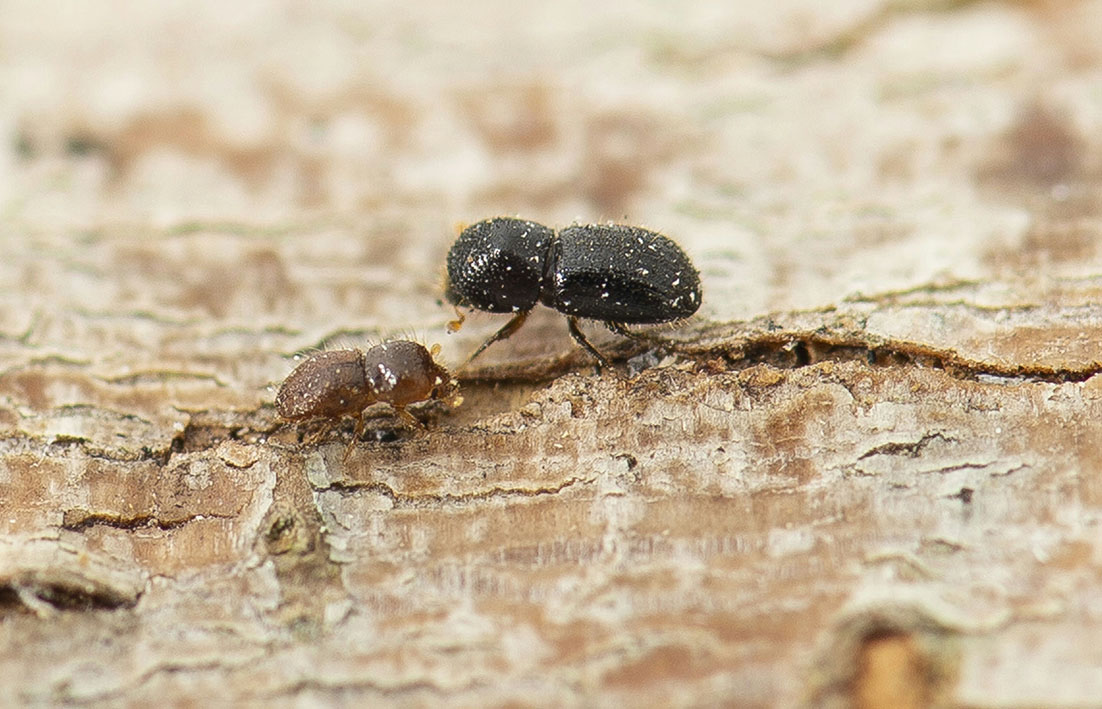
AN invasive beetle that could have serious effects on the City of Swan’s tree canopy has been found in two suburbs in the local government area.
On February 14 the Department of Primary Industries and Regional Development (DPIRD) confirmed it had recently detected the tree pest polyphagous shot hole borer beetle (PSHB) in a small number of coral trees in Guildford and Woodbridge.
DPIRD declined to say exactly when the beetle – a native to Southeast Asia, about the size of a sesame seed and attacks a wide range of plants – was found in the Midland area.
A DPIRD spokeswoman said the pest was detected by their widespread surveillance program, as part of its ongoing biosecurity response to eradicate the serious declared pest.
“DPIRD is working closely with the City of Swan to remove the infested trees to prevent PSHB from spreading to nearby healthy trees,’’ she said.
“Over the past two and a half years, DPIRD has been working with residents, businesses, traditional owners, local government and other organisations to curb the spread of the beetle in the metropolitan area.
“PSHB’s preferred hosts are mainly non-native or ornamental trees, such as box elder maple, fig, plane and coral trees, while Australian natives and commercial fruit trees are non-preferred hosts.
“While globally roses have been attacked, they are not a significant concern as they are not a reproductive host and the pest is not able to reproduce.’’
The beetle has a symbiotic relationship with a fungus and tunnels into trunks, stems and branches, and once there farms the fungus as a food source for it and its larvae.
In susceptible trees, the fungus kills vascular tissue causing Fusarium dieback and tree death.
DPIRD said establishment of the pest in WA would have a significant impact on urban canopy.
The City of Swan’s Urban forest plan – greening the city 2022 said Guildford has a canopy coverage of more than 20 per cent and Woodbridge 15 to 20 per cent.
For more information click here.